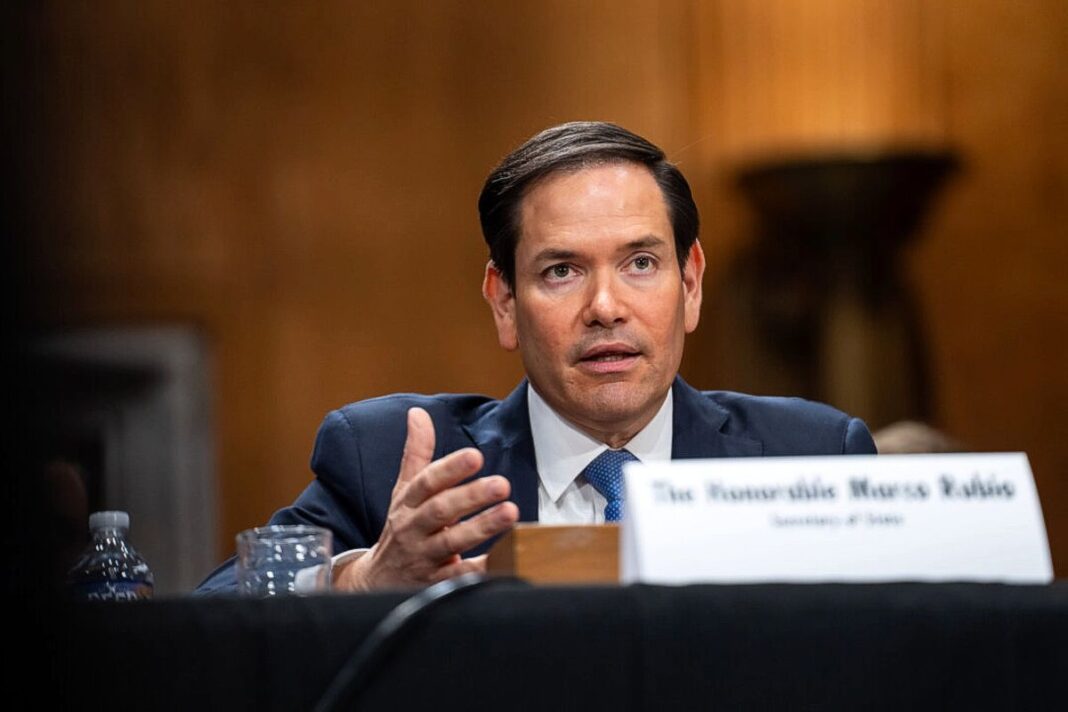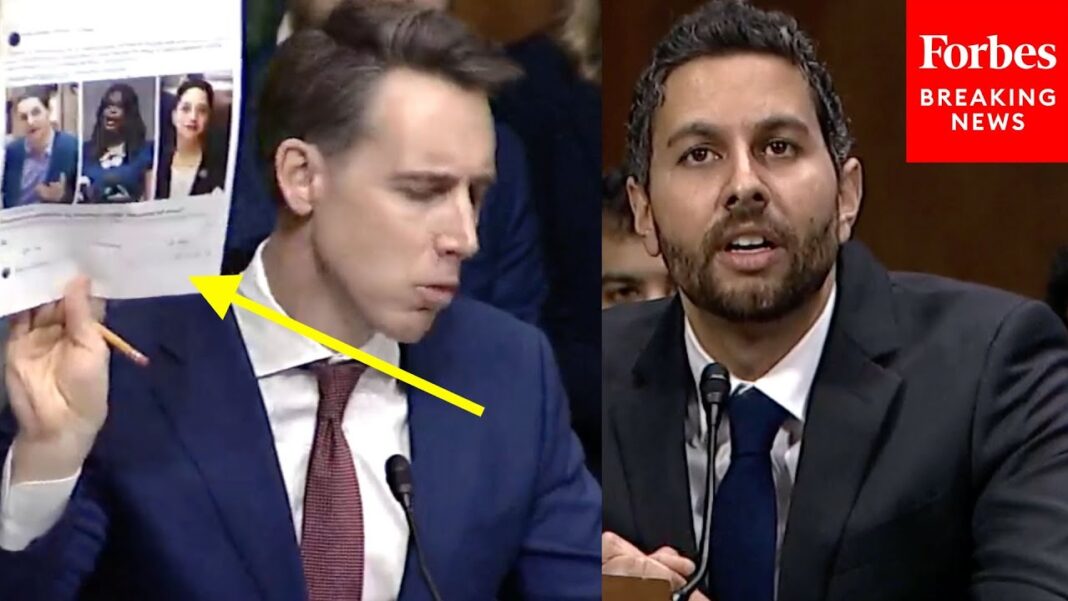Some Central Americans ‘intentionally work with the CCP’ to destabilize the region, Secretary of State Marco Rubio says.
U.S. Secretary of State Marco Rubio announced on Sept. 4 a new visa restriction policy against Central American nationals controlled by Beijing, calling the move a response to “China’s corrupt influence” in the region.
Rubio said in a statement that the visa restriction applies to “Central American nationals who, while in Central American countries and intentionally acting on behalf of the Chinese Communist Party (CCP), knowingly direct, authorize, fund, provide significant support to, or carry out activities that undermine the rule of law in Central America.”
He did not identify anyone by name or provide concrete examples of the actions that prompted the new policy. However, he said that “a number” of Central Americans who “have previously engaged in such activities” will now be ineligible to enter the United States.
“These actions reaffirm President Trump’s commitment to protect America’s economic prosperity and national security interests in our region,” Rubio stated.
“We continue to promote accountability for Central American nationals who intentionally work with the CCP in Central America and destabilize our hemisphere.”
Before China’s communist regime emerged as a major player in Central America, it was Taiwan that held greater diplomatic influence across the region. However, starting in 2017, a diplomatic shift began to take hold, with Panama cutting ties with Taiwan in favor of recognizing China.
The diplomatic switch continued in 2018 with the Dominican Republic and El Salvador, followed by Nicaragua in 2021, and Honduras in 2023. Costa Rica had already made the switch in 2007.
Taiwan, a self-governing island that the Chinese regime considers a part of its territory, now maintains formal diplomatic relations with the Holy See and 11 countries, including Belize, Guatemala, and Paraguay.
Five-Nation Trip
On his first international trip as secretary of state in February, Rubio traveled to Panama, El Salvador, Costa Rica, Guatemala, and the Dominican Republic, billing the tour as an effort to deepen economic partnerships and counter the CCP’s influence in the region.
By Frank Fang








